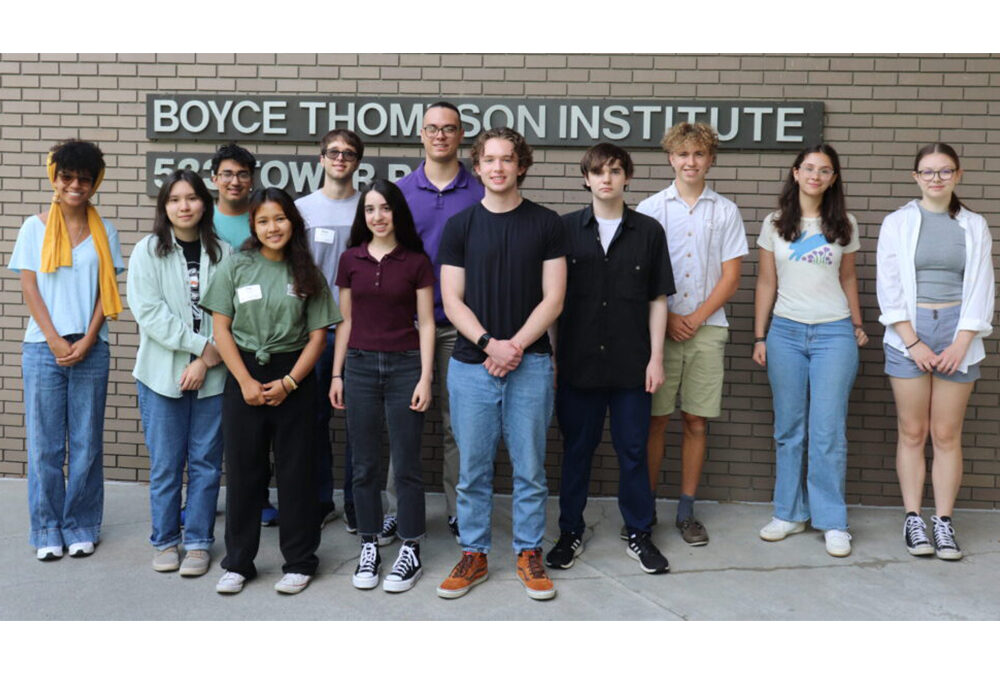

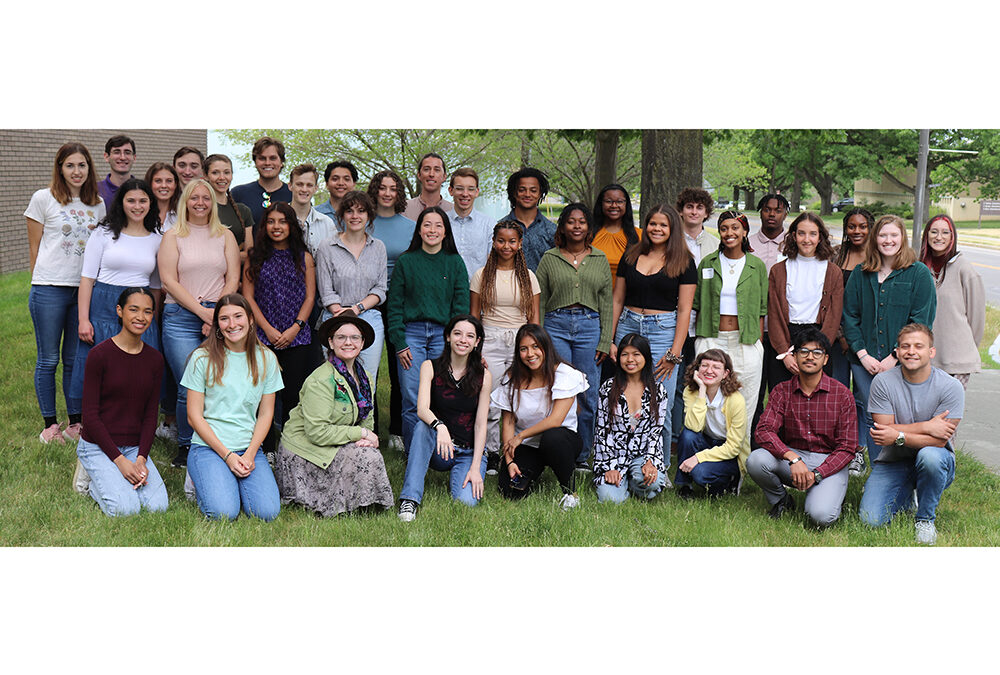
BTI Welcomes 2023 Undergraduate Student Researchers
On June 5, Boyce Thompson Institute welcomed 39 undergraduate students from colleges across the country to experience the life of a researcher for 10 weeks. Now in its 23rd year, BTI’s NSF funded Plant Genome Research Program (PGRP) and USDA funded Innovations in...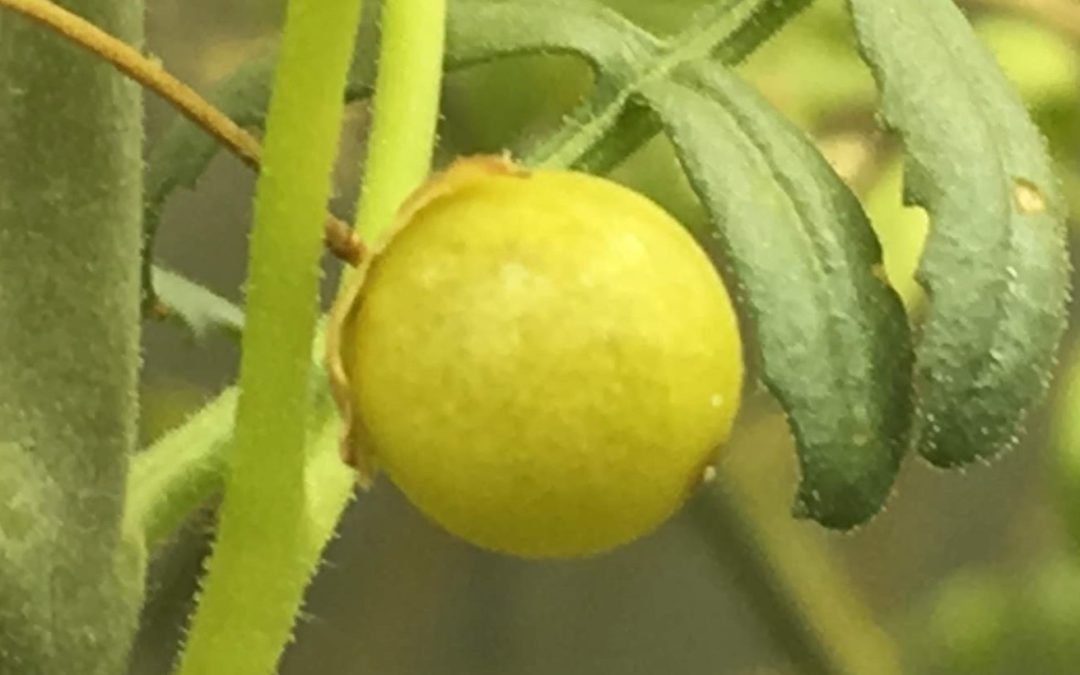
Wild tomato genome will benefit domesticated cousins
Wild relatives of crops are becoming increasingly valuable to plant researchers and breeders. During the process of domestication, crops tend to lose many genes, but wild relatives often retain genes that could be useful – such as genes that confer resistance to...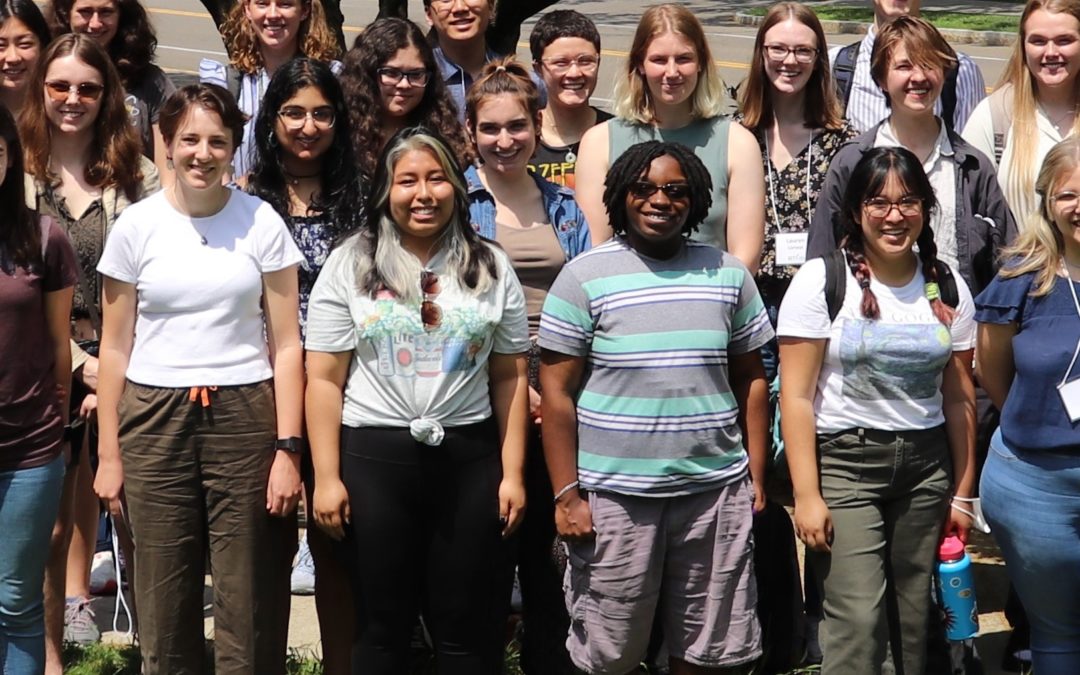
BTI Welcomes Summer Student Interns
On May 31, Boyce Thompson Institute welcomed 41 of the country’s brightest undergraduate students from universities around the country to experience the life of a researcher for 10 weeks. Ten more research interns from local area high schools will join the Institute...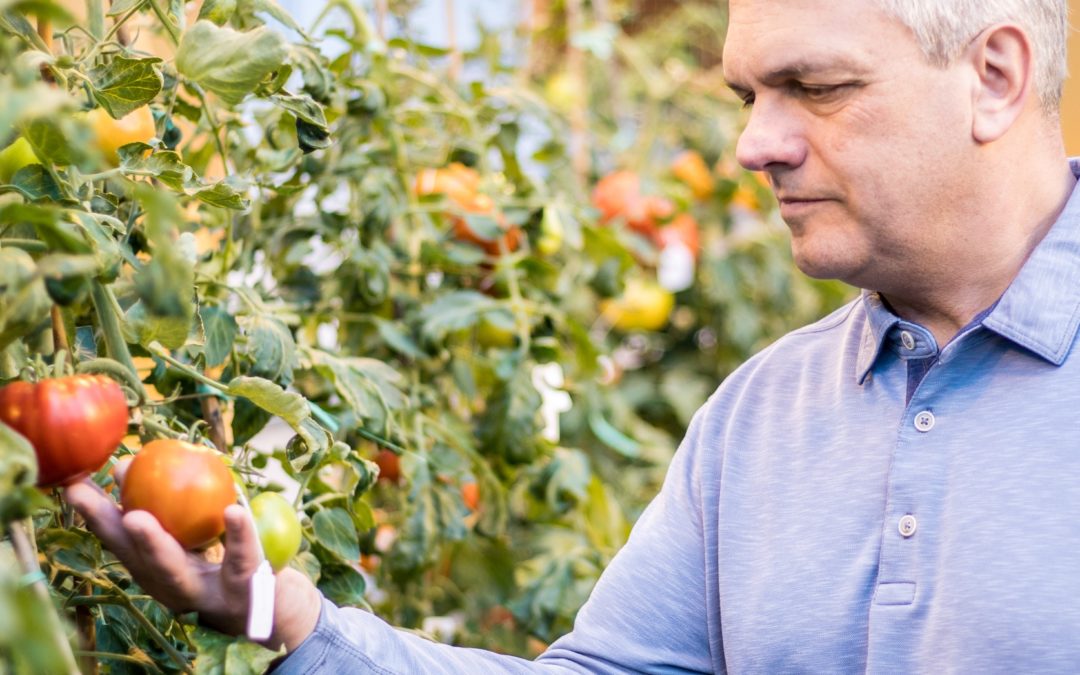
Newly discovered gene could help improve tomato flavor and shelf-life
Buying tomatoes and other fruits in the grocery store is always a gamble because, however good they look, they are often firm but lack flavor. A group of plant scientists has discovered a gene that could increase the odds that future store-bought tomatoes stay firm...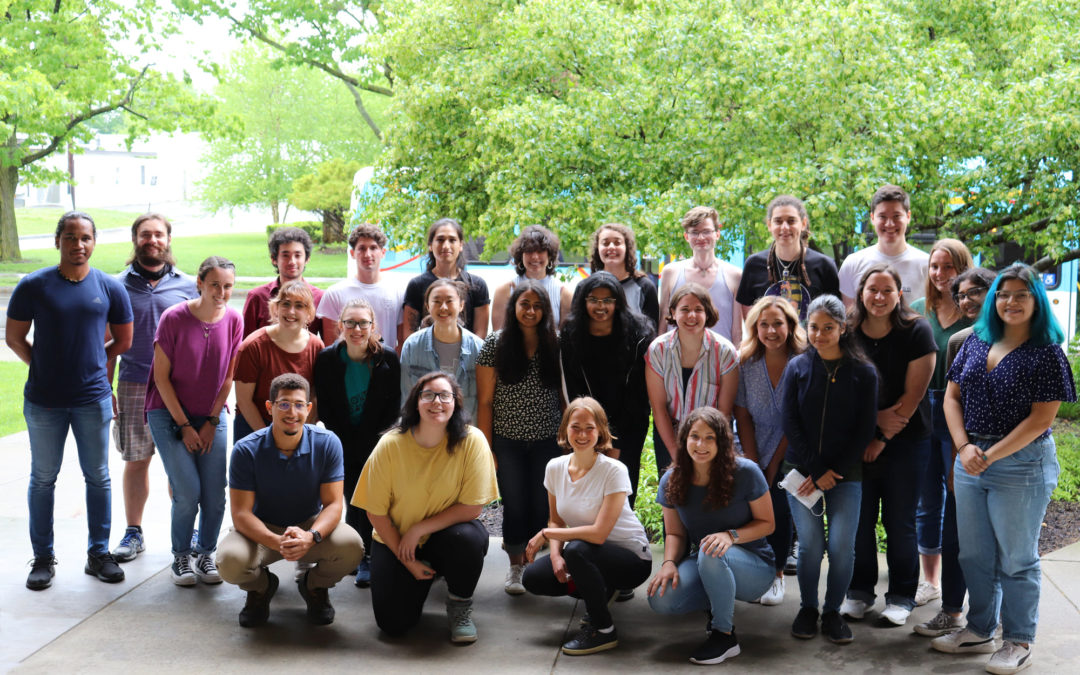
BTI Welcomes Summer Student Interns
On June 1, Boyce Thompson Institute welcomed 28 of the country’s brightest undergraduate students from universities around the country to experience the life of a researcher for 10 weeks. Seven more interns from local area high schools will join the Institute for six...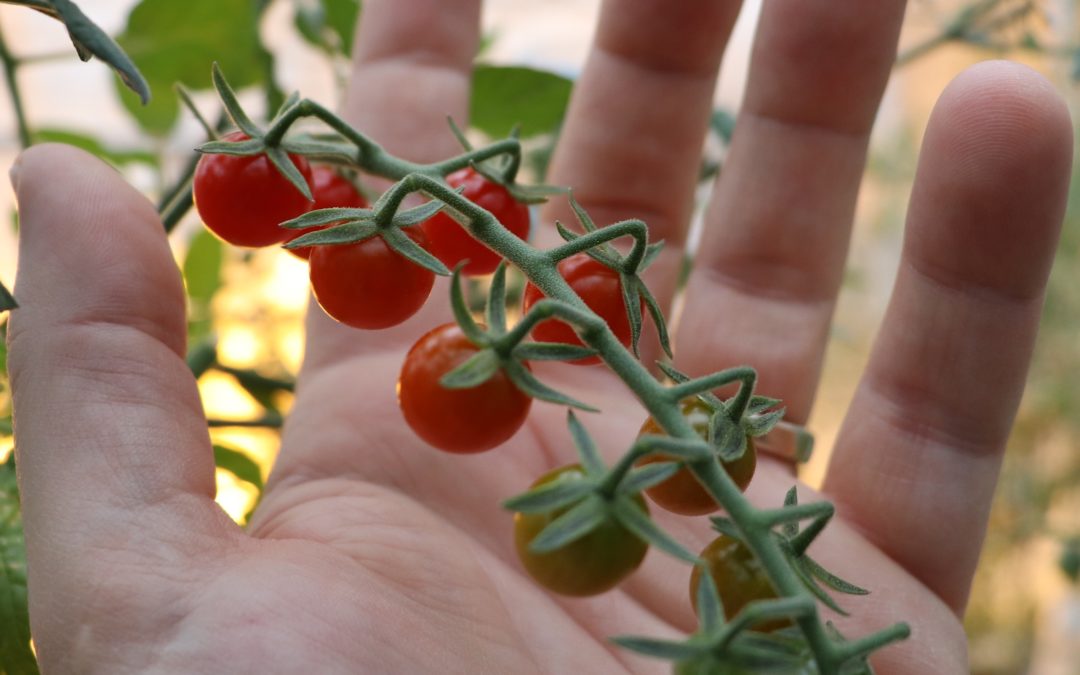
Tomato’s Wild Ancestor Is a Genomic Reservoir for Plant Breeders
Thousands of years ago, people in the region now known as South America began domesticating Solanum pimpinellifolium, a weedy plant with small, intensely flavored fruit. Over time, the plant evolved into S. lycopersicum – the modern cultivated tomato. Although today’s...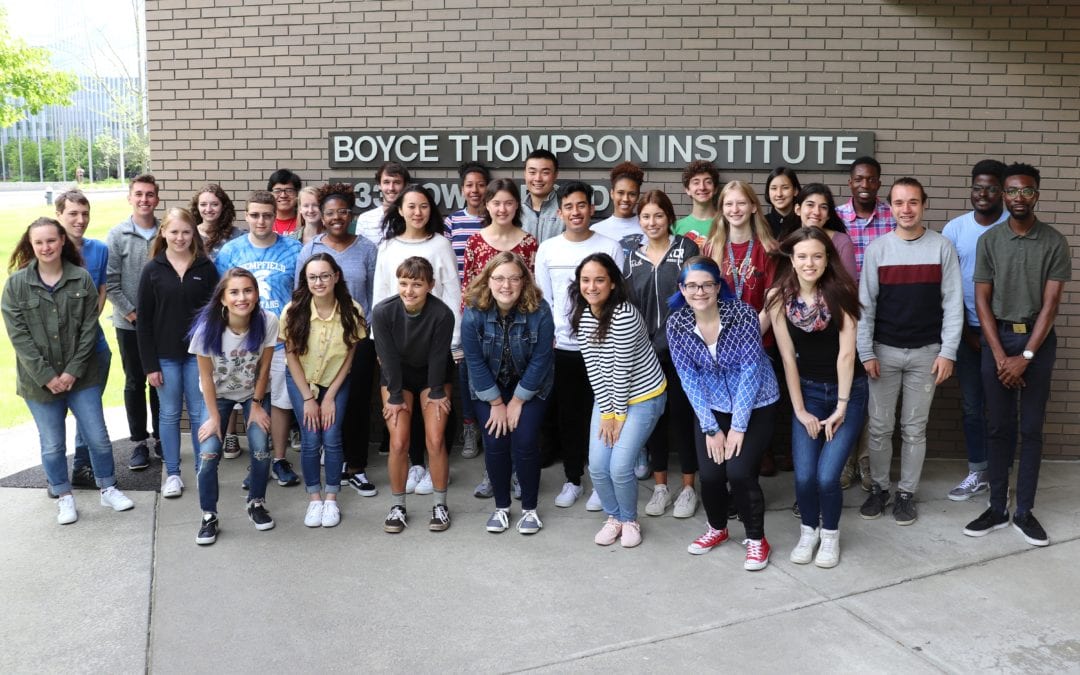
BTI Welcomes Summer Student Interns
On June 3, Boyce Thompson Institute welcomed 35 of the country’s brightest undergraduate students from universities around the country to experience the life of a researcher for 10 weeks. Eight more interns from area high schools will join the Institute for seven...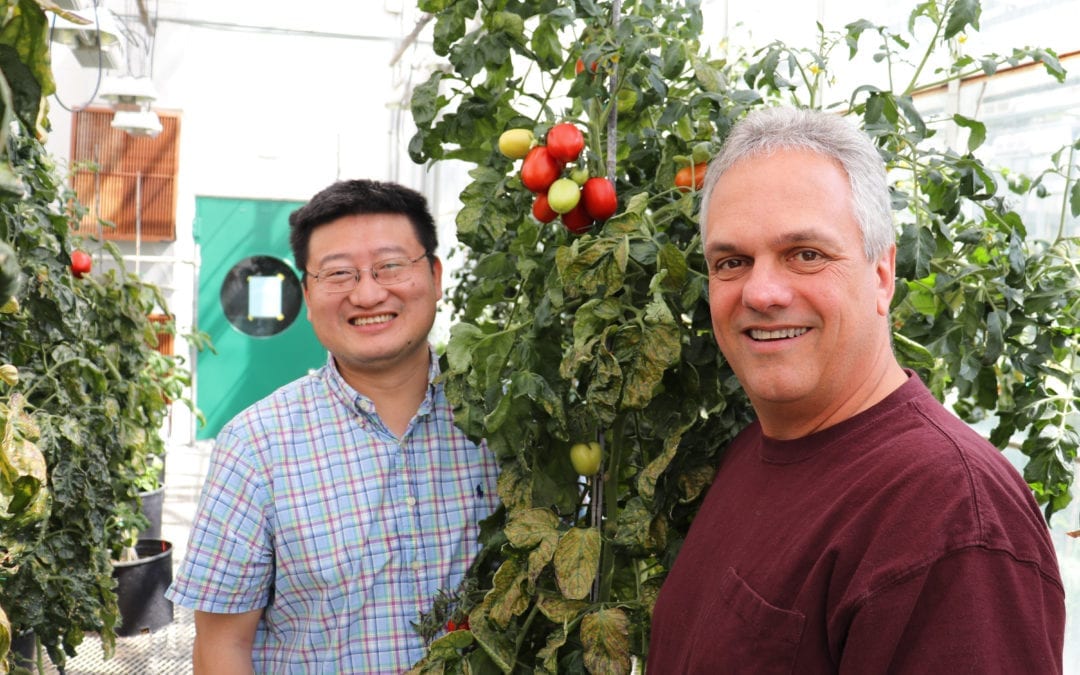
BTI Scientists Create New Genomic Resource for Improving Tomatoes
Tomato breeders have traditionally emphasized traits that improve production, like larger fruits and more fruits per plant. As a result, some traits that improved other important qualities, such as flavor and disease resistance, were lost. Researchers from Boyce...
Jim Giovannoni appointed Director of USDA-ARS Robert W. Holley Center
Boyce Thompson Institute (BTI) professor Jim Giovannoni has been appointed as the Director of the USDA-ARS Robert W. Holley Center for Agriculture and Health (RHCAH), effective April 15, 2018.
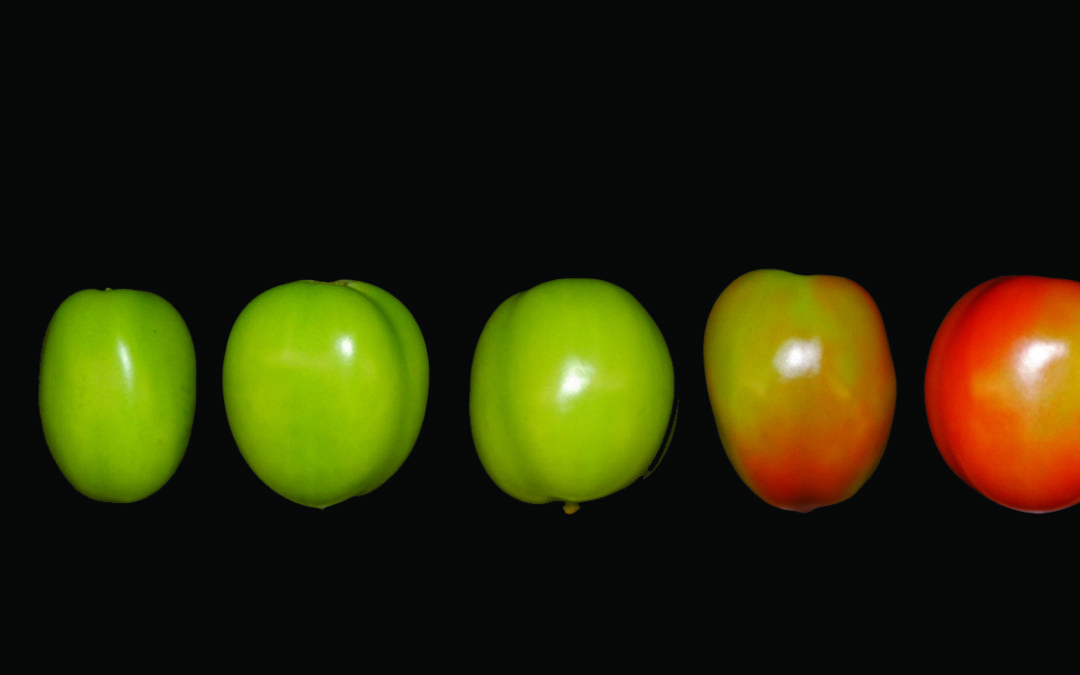
New ‘Tomato Expression Atlas’ dives deep into the fruit’s flesh
Researchers at BTI, Cornell and USDA published a spatiotemporal map of gene expression across all tissues and developmental stages of the tomato fruit – the genetic information underlying how a fruit changes from inside to out as it ripens. Their data is available in the new Tomato Expression Atlas (TEA).
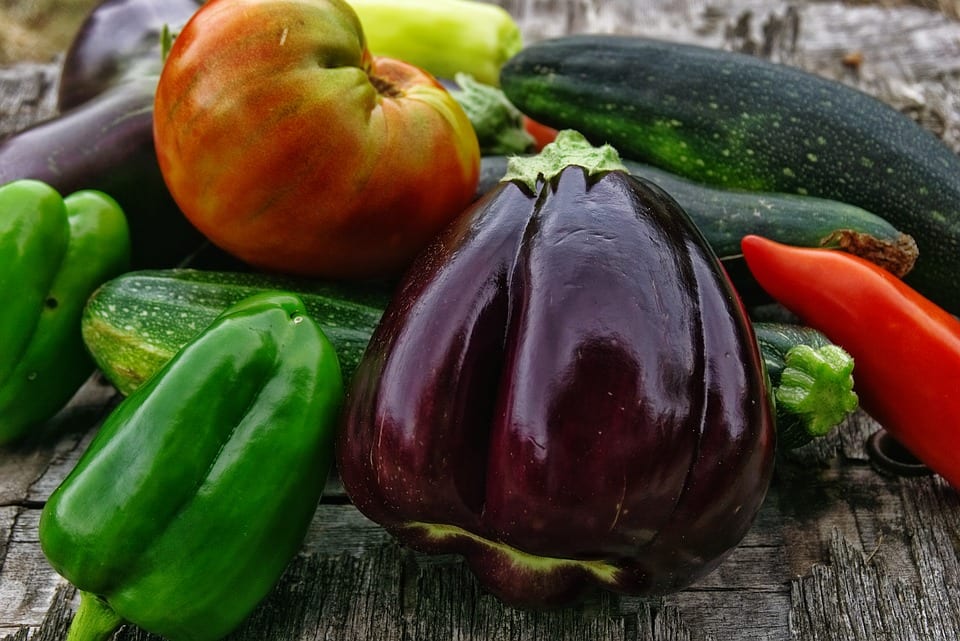
SolGenomics Meeting Has Newest Advances in Nightshades
Many BTI researchers will present their latest research at the 13th annual SolGenomics Conference, Sept. 12-16 in Davis, California.

BTI Researcher Elected to National Academy of Sciences
Jim Giovannoni, BTI professor, USDA-ARS research molecular biologist and Cornell University adjunct professor, is recognized by the National Academy of Sciences for his significant contributions to plant science.

BTI Faculty Listed in World’s “Most Influential Scientific Minds”
Giovannoni and Kochian both ranked in the top 1 percent of researchers publishing in plant and animal science.
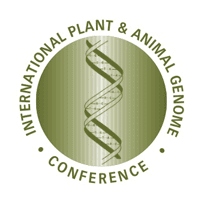
BTI Scientists Flock to Annual Plant and Animal Genome Conference
BTI researchers will present current research on the Sol Genomics Network, using CRISPR to edit genomes, the whitefly genome and others.

Plant Experts Discuss New Seeds and Old Seed Catalogs
Professor James Giovannoni, “There’s a great deal of diversity that’s still available from these varieties that potentially have a lot of useful traits, including tolerance to stresses and important fruit traits.”
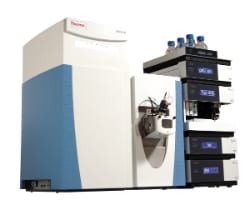
New equipment opens up ‘mass’ive possibilities
The Boyce Thompson Institute starts off 2015 with a generous gift from the Triad Foundation and researchers are about to open their most exciting present: a high-resolution mass spectrometer. The instrument, which can determine the chemical formula – and possibly even...
Genomics Study of 360 Tomato Varieties Traces History, Points to Possible Improvements
This study pinpoints regions of the tomato genome where extra DNA has hitchhiked along with desirable DNA; regions breeders can now target for crop improvement.

BTI Tomato and Fruit Biology Group Awarded USDA Secretary of Agriculture Honor
BTI researchers led team that pioneered international tomato gene sequencing and genetic basis of fruit ripening. Congrats to Vrebalov, Van Eck, Mueller, Giovannoni, Fei.

Wild Tomato Sequenced
Fei and Giovannoni Labs contribute to sequencing of wild tomato species Solanum pennellii.

Scientists Find Clues into More Disease-Resistant Watermelons, Genome Decoded
Are juicier, sweeter, more disease-resistant watermelons on the way?
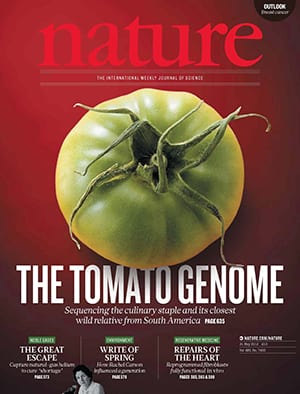
Tomato Genome Becomes Fully Sequenced – Paving the Way for Healthier Plants
For the first time, the genome of the tomato, Solanum lycopersicum, has been decoded.

Dr. Jim Giovannoni Receives Agricultural Research Service Award
Jim Giovannoni was one of four ASPB members to be honored by awards from USDA’s Agricultural Research Service (ARS).
